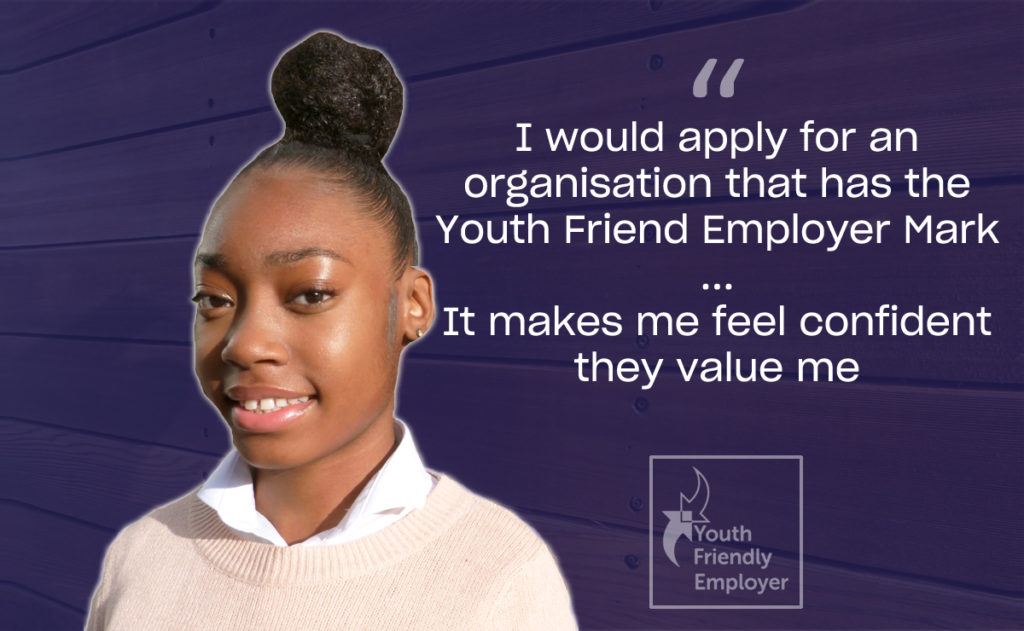A brief introduction into what the role entails
As an Executive Chef, also known as a Chef Manager or Head Chef you would be as close to a superhero as it gets in the kitchen. This role is available in a variety of exciting settings, including hotels, restaurants, and member’s clubs to name a few! The content of this career guide will have a focus on Executive Chefs in a hotel setting but the requirements and skills can be applied to all. In this role you would oversee the daily operations of the kitchen, which may include but is not limited to:
- Designing menus that enhance customers’ culinary experience while keeping up high quality
- Submitting cost proposals for menu items
- Creating and testing new menus
- Providing feedback regarding the food quality of large bulk purchases
- Ensuring that all food preparation is following regulatory guidelines
- Designing standardised food presentation guidelines for each dish
- Monitoring inventory levels of commonly used items
- Looking for ways to reduce spoilage of infrequently used items
- Hiring, training, and managing staff regularly
Watch the video on How to become an Executive Chef
Salary
Your earning potential as an Executive Chef depends on your skills and the style of the hotel you would be working at, so you could be earning anything between £30,000 to £70,000 if you are based in London. Many employers offer perks such as career development opportunities including training programs, complimentary hot meals, uniform provided and discounted accommodation rates.
Read job descriptionWorking hours
Roles typically operate within a split shift structure, and you would be expected to work upwards of 40 hours a week.
Read job descriptionWhat entry qualifications and training do you need?
Many Executive Chefs have got where they are today by training on the job and taking every opportunity for placements (or stages) in top kitchens. However, formal qualifications a likely to get you to the top faster. You can work your way up the ranks by taking the Modern Apprenticeship route as well as studying for NVQs or SVQs. Alternatively, you can study full time at college or university. Useful qualifications include:
- City & Guilds diplomas in professional cookery
- BTEC HND in professional cookery
- A foundation degree in culinary arts
- Health and safety and food hygiene certificates
- Culinary Degree or equivalent experience
What experience do you need to be an Executive Chef?
Valuable experience for this role entails the following:
- Work experience as a Head Chef with extensive banqueting and restaurant experience
- In-depth culinary experience of food trends within the city you are choosing to work
- Capable of demonstrating outstanding leadership, coaching and management competencies with a strategic approach
- Ability to manage and achieve budgetary goals by analysing historical data, forecasts, and revenues
- Ability to show previous experience in managing and taking ownership of kitchen management tasks
- Proven track record of achieving outstanding levels of personal and departmental targets
- Be capable of delivering outstanding attention to detail and precision at all times
What skills do you need to be an Executive Chef?
Looking into acquiring the following skills if you do not already possess them would put you in good stead when applying for a role:
- Excellent cooking skills
- An understanding of produce and ingredients
- The ability to write menus that are both creative and profitable
- Blue-chip management skills
- Sense of ownership and pride in your performance and its impact on the company’s success
- Team player
- Good time-management skills
- Great interpersonal and communication skills
- Strong passion for the art of food design
Hospitality & Catering Careers
Do you aspire to work in an industry where you’ll make an impact on people’s lives every day, have great career progression opportunities and have fun? Then working in catering and hospitality is for you – and Caterer.com can help.
Hospitality & Catering Careers







